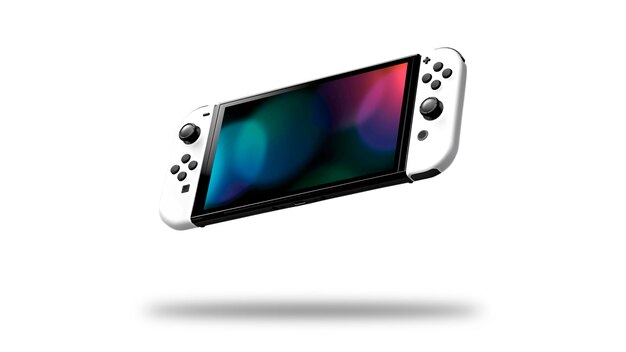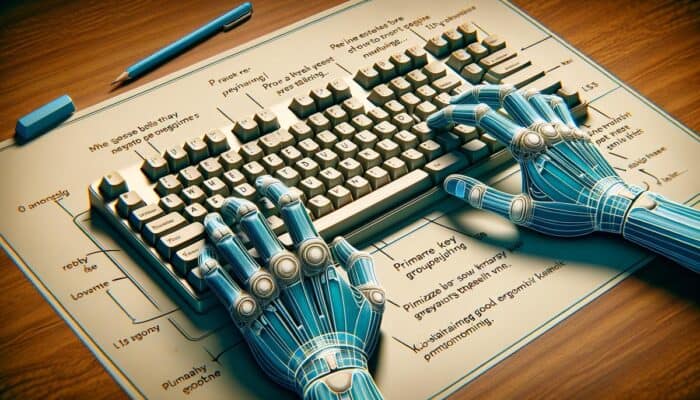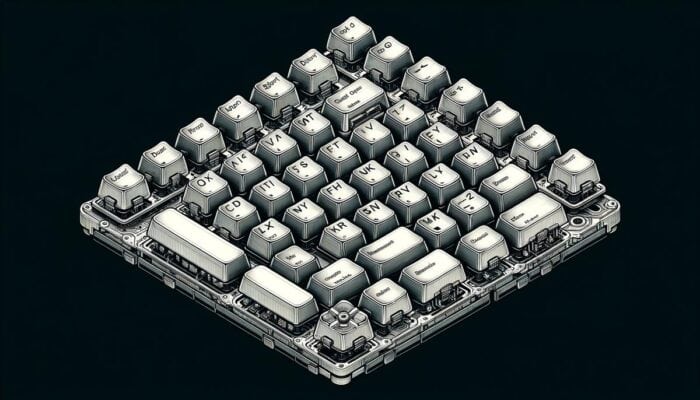Gaming Laptops, Blog
Why Laptop Running Very Slow? 2 Superb Reasons Why It Happen
Why laptop running very slow? You’re frustrated with your laptop’s performance, and you’re not alone. Ever since the dawn of the internet era, people have been searching for ways to make their laptops more powerful. But, despite the best efforts of tech companies, laptops are still slow and laggy. What’s the reasons behind it? Read this article until end to know more about it. In this blog, we also have an article about gmolo core i7 8th gen quad core gaming laptop review that you might want to read about it
Why Laptop Running Very Slow
Nearly every laptop user has experienced the frustration of a slow laptop at one point or another. there are plenty of reasons why your laptop is running slow. Here are the reasons behind it:
Slowdown as a result of a virus on your laptop
When our computers exhibit unusual behavior, we automatically assume that malware has invaded our priceless technology. While our assumptions are sometimes irrational, they are occasionally reasonable. Malware is meant to wreak havoc on computer functions, effectively slowing down your whole machine. Among the many indicators of an infected laptop are the following:
- Self-starting and self-closing programs
- Notifications of death through blue screen
- Overburdened hard disk brimming with suspect data
- Increased number of pop-up windows
- Sudden halt
- Rapid response: Conduct virus and malware scans to detect and eliminate anything questionable.
Cause of sluggishness, Your laptop is out of date.
Given the high cost of our most valuable items of technology, which may range from hundreds to thousands of dollars, it’s only reasonable to expect them to survive for years and years.
However, with major technology companies such as Apple publicly admitting that they purposely slow down older gadgets in order to encourage people to switch to newer versions, tech obsolescence is a sad truth of the digital age. Computers using Windows XP, Vista, or even Windows 7 function much slower than their more modern Windows 8 and Windows 10 laptop counterparts.
With the quick advancement of contemporary computers, outdated operating systems just cannot keep up with the many upgrades required to operate the majority of your preferred software. Nobody like settling, so it may be time to consider a significant laptop replacement soon.
How can I speed up my laptop?
As perplexing as technology may be, you don’t have to be a computer expert to find out how to repair your sluggish laptop, and you don’t have to spend a lot either.
Restart your computer
The option to put your computer into sleep mode is one of the several advantages I enjoy as a regular PC user. The ability to just dismiss the screen and call it a day offers a number of pleasing advantages. However, this convenience results in computers being left on all the time.
Shutting down and restarting your computer offers a number of performance advantages that may help enhance your productivity rather than hamper it. If you can’t recall the last time you totally shut down your computer, it’s definitely time for a reboot.
Developing the practice of shutting down your PC at the end of the day may significantly boost continuing computer processing performance.
If you’re the sort of PC user who frequently clicks the “Remind me tomorrow” button when your operating system notifies you of new available downloads, your laptop may be weeks or months old and in desperate need of a software update.
While Windows updates are inconvenient and may take several minutes to complete, they are critical for the health of your computer. There is a reason why your computer notifies you to these critical updates, and it is in your best interest to address them immediately upon their appearance.
Are you unsure if your Windows laptop requires an update?
Access the Start menu and click on the settings gear in the left corner to check the status. Select Update & Security settings and Windows Update from the settings menu.
Eliminate obsolete applications and files
If you’ve owned your computer for a few years and your use patterns have changed, you’re likely to have a fair quantity of unwanted and forgotten-about apps building metaphorical dust on your desktop.
This is particularly true for recent college graduates and those who have changed professions or occupations lately. Your computer, like you, has been slowed by years of effort and responsibility.
Reduce the load on your computer by deleting all unnecessary programs and files. This will quickly free up space on your hard disk and allow for increased performance quality.
Related Articles For You!
- You may like: What Are The Different Types Of PC Cases? 3 Types Of PC Cases That Superb And You Should Know About It
- You may enjoy this article about: Best Gaming PC Case For Gamers (2022)
Our Latest Posts:







